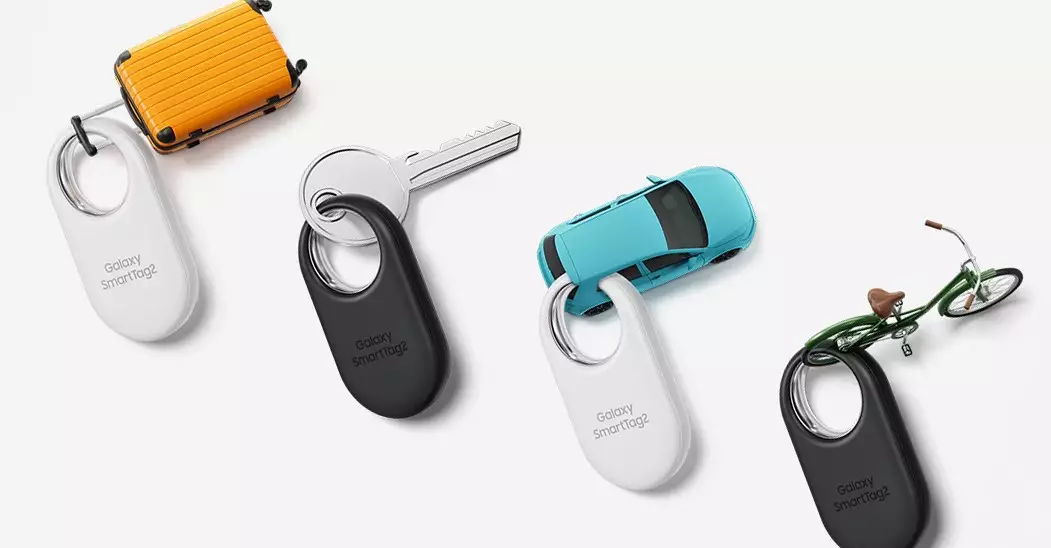In recent years, the surge in popularity of personal item trackers has driven tech companies to innovate and enhance their offerings. One of the notable entrants in this arena is Samsung, with its SmartTags, designed to help users keep track of their belongings. However, while Apple’s AirTags seamlessly integrate with a range of devices and platforms, Samsung’s SmartTags are somewhat limited, functioning primarily within the Galaxy ecosystem. This is where uTag steps in, transforming the landscape for non-Galaxy device users.
Samsung’s SmartTags come with several impressive features, such as precision tracking through ultra-wideband (UWB) technology, making them competitive with Apple’s offerings. Despite these strengths, one major drawback is their exclusivity to Samsung devices. To utilize the full capabilities of SmartTags and the associated SmartThings app, users must own a Galaxy device. This restriction limits accessibility and convenience for a significant number of Android users.
The SmartThings app, a central hub for Samsung’s smart home technology, facilitates SmartTag usage but also enforces strict limitations. The app performs device compatibility checks that prevent non-Galaxy devices from accessing the SmartTag features entirely. This exclusivity inevitably leaves a gap in the market for Android users who wish to harness the power of smart tracking without being tethered to a specific brand of hardware.
The advent of uTag, developed by Kieron Quinn, is a refreshing solution that addresses these limitations. As a free and open-source application, uTag enables Samsung’s SmartTags to work with any Android device running Android 11 or newer. This not only broadens the usability of SmartTags but also bridges the gap between Samsung’s products and other Android users.
uTag offers most of the features available in the original SmartThings app, including notifications for lost items, location sharing, and tracking history. The application’s design enhances user experience by providing important features that were previously inaccessible to non-Galaxy users. For instance, uTag incorporates automatic periodic scanning for unknown Tags—something that the SmartThings app could only execute manually. This dynamic functionality allows users to receive immediate notifications when new Tags are detected, significantly improving usability.
With increased data security concerns in today’s digital landscape, uTag’s status as an open-source app provides transparency not available to traditional software. Users can examine the source code, granting them greater confidence when sharing sensitive information, such as their Samsung account credentials. This approach not only fosters trust but allows developers to contribute to the app, potentially enhancing its features further over time.
Furthermore, uTag’s development is indicative of a trend where the community plays an integral role in evolving technology. By allowing for collaboration and scrutiny, uTag champions user empowerment and adaptability, traits that are essential in an era dominated by rapid technological advancements.
The introduction of uTag marks a significant shift in how users interact with Samsung’s SmartTags. By breaking down the walls that previously segregated Samsung’s tracking technology from the wider Android community, uTag democratizes access to smart tracking. It not only showcases innovative functionality but also emphasizes the importance of user-driven solutions in technology.
As technology continues to evolve, applications like uTag exemplify how bridging user gaps can lead to a richer and more inclusive experience. This is a pivotal moment for tech applications, illustrating that the future of smart technology should be inclusive, adaptable, and user-centered. Through uTag and other developments, we may see a more interconnected ecosystem where users can enjoy the benefits of tracking without brand-specific limitations.

